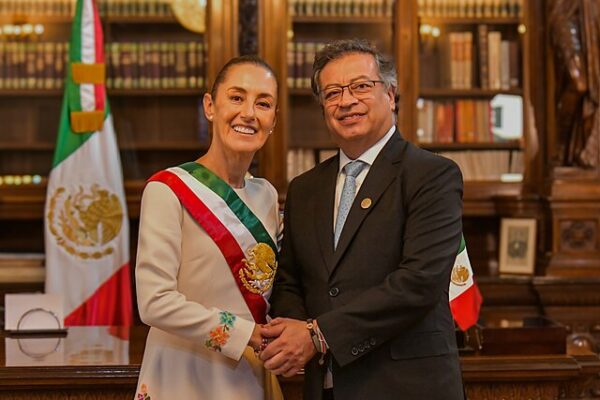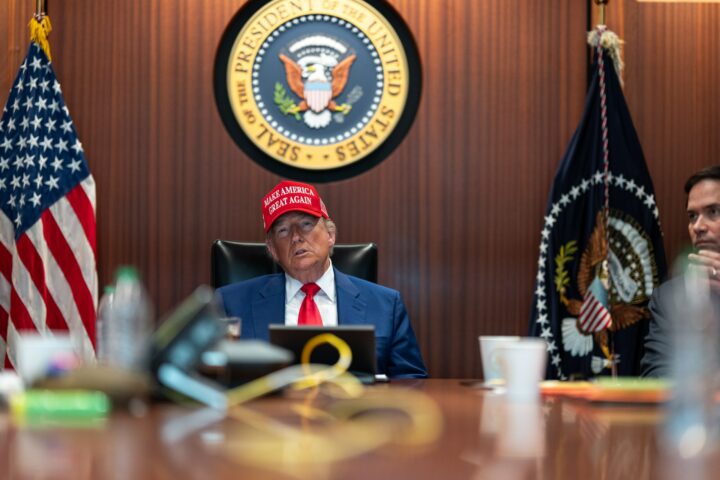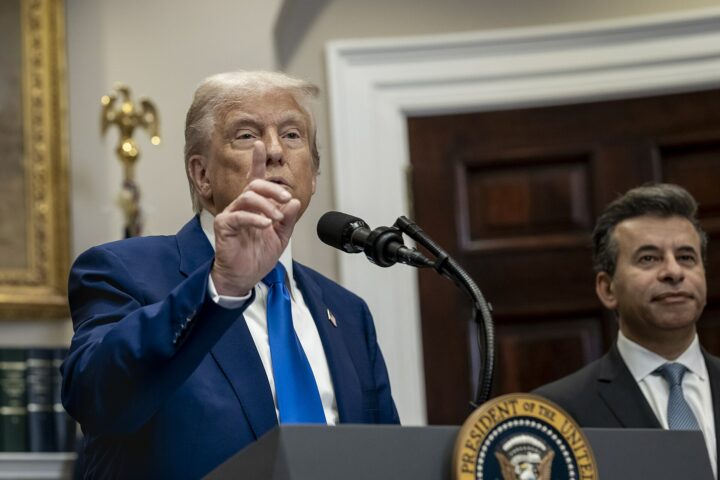Mexico has responded to the U.S. decision to impose a 25 percent tariff on its imports by announcing its own set of retaliatory measures. President Claudia Sheinbaum, while expressing a preference for diplomacy, emphasized that her government must act to protect the country’s economic interests. Sheinbaum confirmed that her administration had been preparing for this scenario and had now directed the economy minister to implement countermeasures under “Plan B.” Although the exact details of the tariffs are still being determined, sources indicate they could range from 5 percent to 20 percent and target key American exports such as pork, cheese, fresh produce, and certain steel and aluminum products. The auto industry is expected to be excluded for the time being.
The Mexican president responded to the news of the tariffs on Twitter, wrote Reuters.
“I’ve instructed my economy minister to implement the plan B we’ve been working on, which includes tariff and non-tariff measures in defense of Mexico’s interests,” Sheinbaum posted, without specifying what U.S. goods her government will target.
The United States is by far Mexico’s most important foreign market, and Mexico in 2023 overtook China as top destination for U.S. exports.
Mexico has been preparing possible retaliatory tariffs on imports from the U.S., ranging from 5% to 20%, on pork, cheese, fresh produce, manufactured steel and aluminum, according to sources familiar with the matter. The auto industry would initially be exempt, they said.
Economy Minister Marcelo Ebrard said on X that Trump’s tariffs were a “flagrant violation” of the U.S.-Mexico-Canada Agreement.
“Plan B is underway,” Ebrard said. “We will win!”
The ongoing trade conflict between the United States and Mexico presents a significant threat to both economies, which are deeply interconnected. In 2023, Mexico became the United States’ largest trading partner, with exports to Mexico surpassing $322 billion and imports reaching over $475 billion. Ebrard has strongly condemned the U.S. decision to impose tariffs, arguing that it directly violates the U.S.-Mexico-Canada Agreement (USMCA). In response, Mexico has already begun implementing countermeasures to protect its economic interests, signaling a firm stance against what it perceives as an unfair policy.
The White House has justified the tariffs by tying them to Mexico’s handling of fentanyl trafficking and migration control, with former President Donald Trump accusing Mexico of failing to curb the crisis and even suggesting government collusion with drug cartels. Mexican officials, including President Sheinbaum, have rejected these allegations, emphasizing their administration’s active efforts in combating drug-related crime.
Meanwhile, economic experts warn that prolonged tariffs could shrink Mexico’s GDP by four percent, disrupting multiple industries. With tensions escalating, Mexican leaders see this as one of the most aggressive economic actions taken by the U.S. in recent history, leaving businesses and consumers in both countries uncertain about the future of trade relations.
As economic tensions rise, drug cartels along the U.S.-Mexico border have reportedly escalated their threats against American law enforcement, including the authorization of weaponized drones to target Border Patrol and ICE officers.








